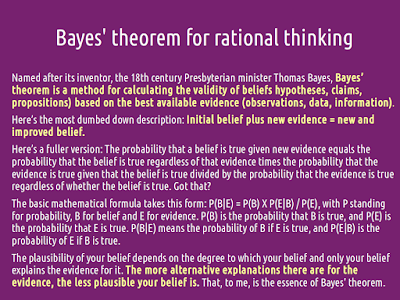Beating confusion: The power of association
1) With increase in frequency, energy of electromagnetic waves increases or decreases
2) Molarity is
3) In positive deviation from Raoult's Law, Solute-Solvent Interaction is strong or weak
It's nothing to do with the understanding of the subject, it's about memory. Students confuse because they have not formed enough association with main concepts. Eliminating these confusion requires memory tricks.
Let's work with the first two example:
The third one I leave to students or teachers to design so that they can memorize it. In positive deviation, there will be more vapor pressure, this is only possible when solute-solvent interaction is weak. Weak intermolecular force means more particles in the gas phase.
2) Molarity is
Often students confuse between molarity and molality.
3) In positive deviation from Raoult's Law, Solute-Solvent Interaction is strong or weak
Students often confuse with these kinds of answers, when there is a dichotomy.
It's nothing to do with the understanding of the subject, it's about memory. Students confuse because they have not formed enough association with main concepts. Eliminating these confusion requires memory tricks.
Let's work with the first two example:
The third one I leave to students or teachers to design so that they can memorize it. In positive deviation, there will be more vapor pressure, this is only possible when solute-solvent interaction is weak. Weak intermolecular force means more particles in the gas phase.










Comments